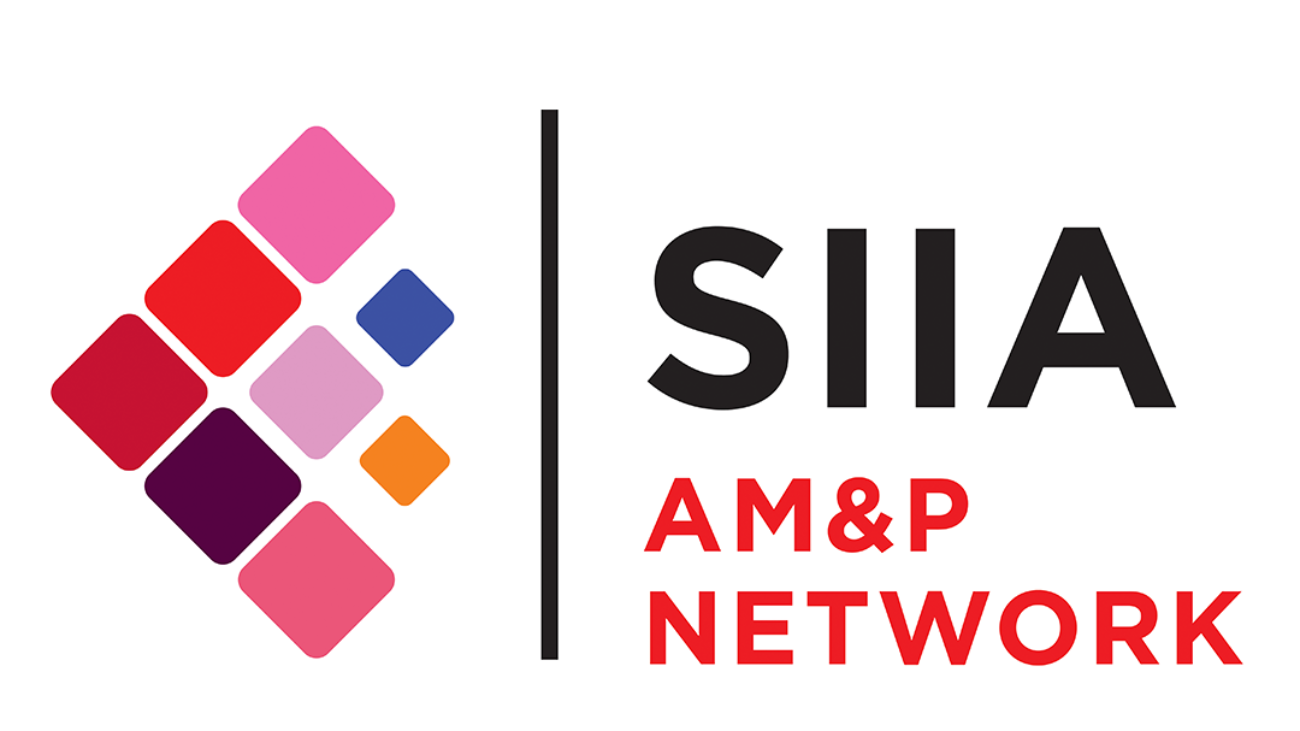At our Business Information & Media Summit (BIMS) in Hollywood, Fla., in November—or as some now refer to it, Once Upon a Time in Hollywood— Amanda Yarnell and Jessica Morrison from American Chemical Society’s Chemical & Engineering News, told their story and then had attendees collaborating and thinking.
(Members can listen to recordings of all the BIMS sessions here.)
The session was titled How to Re-Org Your Newsroom Around Product Without Breaking It. “In the past, “we didn’t really have an approach,” Morrison said. “We didn’t have a product mindset. What we did have was years and years of institutional knowledge inside people’s heads. We had a traditional style and a legacy newsroom that was the opposite of product thinking.”
After more description of their journey, Yarnell and Morrison divided the people into teams and had them choose roles and then prioritize newsroom activities. It was engaging and elicited some riveting and thoughtful discussion.
I thought of this again after seeing an article from ASAE this morning titled Attendee Engagement Tactics for All Budgets. Here is their number one recommendation:
“Integrate project-based, design-thinking workshops into your conference content. If your participants are engaged in discussion and idea-sharing, they will retain 50% of the information after the conference. If they are building solutions to real-world problems in small groups, they will remember 90% of the information. Small groups prove most beneficial if they include a blend of different mindsets and personalities within them. For some of my previous events, we’ve had attendees take Predictive Index and DISC (dominance, influence, steadiness and consciousness) behavioral assessments and used their results to form the small groups.”
This reaffirms the excitement that Yarnell and Morrison created and turns the electricity one notch higher. Of course, to do what they suggest, you would need the names of those in your session well ahead of time so you could get more information. But maybe it’s worth it. It’s almost the editorial equivalent of setting up customers and vendors at your events.
This isn’t just happening in our world. At our Corcoran School here in Washington, D.C. this week, GW University sent this out: “Join us for a lecture with [artist] Chantal James, of Rio de Janeiro, which will include a discussion and hands-on activity reacting to her project on decolonization.” And then I just received this: Paper Source invited me to a Valentine Card Making Workshop at their store next week. And they’ve tied it into the new film Emma. (Playing off of popular culture raises a whole other topic for another day.)
At BIMS, Dan Grech, founder and lead instructor of BizHack Academy, also quickly moved his attendees into groups for a hands-on marketing workshop. “The goal of today’s (very short) session was to generate peer interactions around shared areas of concern and opportunity,” he wrote to the group after. “You all collectively have the answers…” I heard good feedback from this session as well.
Workshops can also add to the networking that attendees are hungry for at your events, helping to build relationships among them that they can enhance later on. Achieving ROI from events is not just about attending the event as much as it’s about growing those relationships post-event. Perhaps that can lead to online discussion groups where attendees and speakers can continue the conversation, share resources, and recommend related online learning programs. Grech, for one, would hope this happens.
And speaking of speakers, doing an occasional workshop does give a session more of a beginning feel to a topic conversation, rather than an end. Instruct speakers to end their session with a “call to action” or “next step” for attendees. During the closing general session, announce a learning challenge. You could center it around a new approach to a thorny hot topic or the first steps to developing a new habit.
If it can get your audience moving and working together, all the better.














 Old River Publications/DDN News was represented by Connectiv member Grimes, McGovern & Associates in this transaction.
Old River Publications/DDN News was represented by Connectiv member Grimes, McGovern & Associates in this transaction.